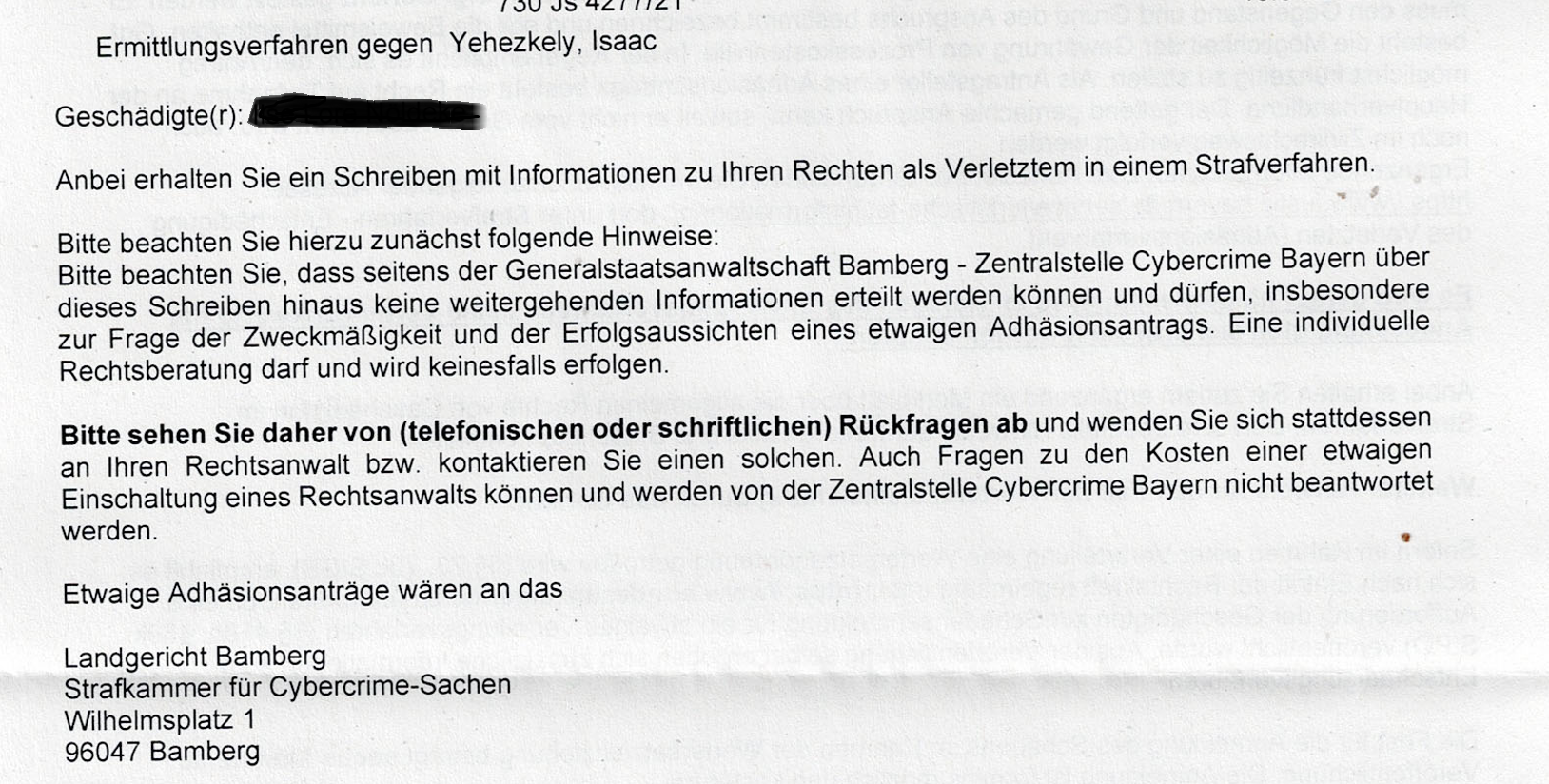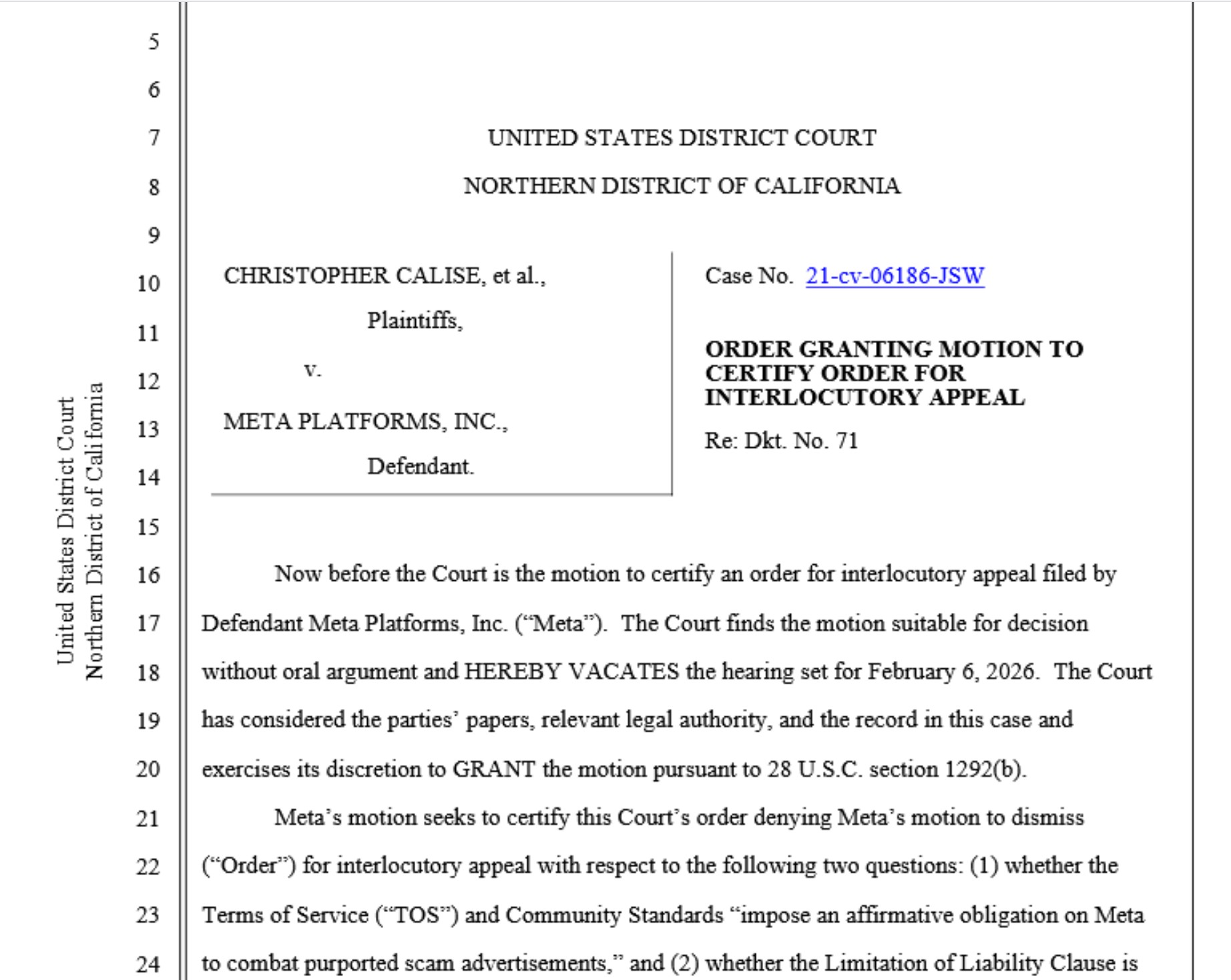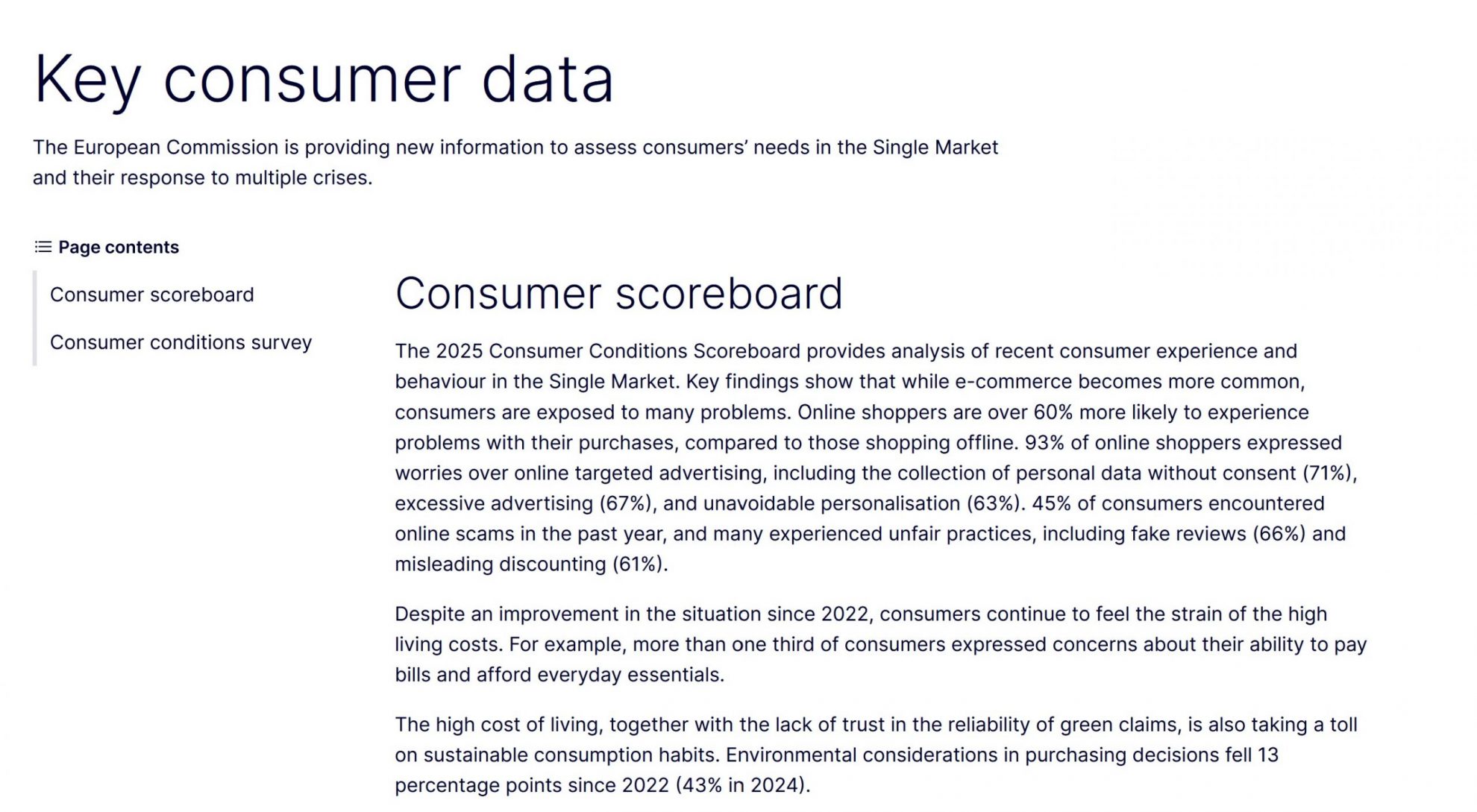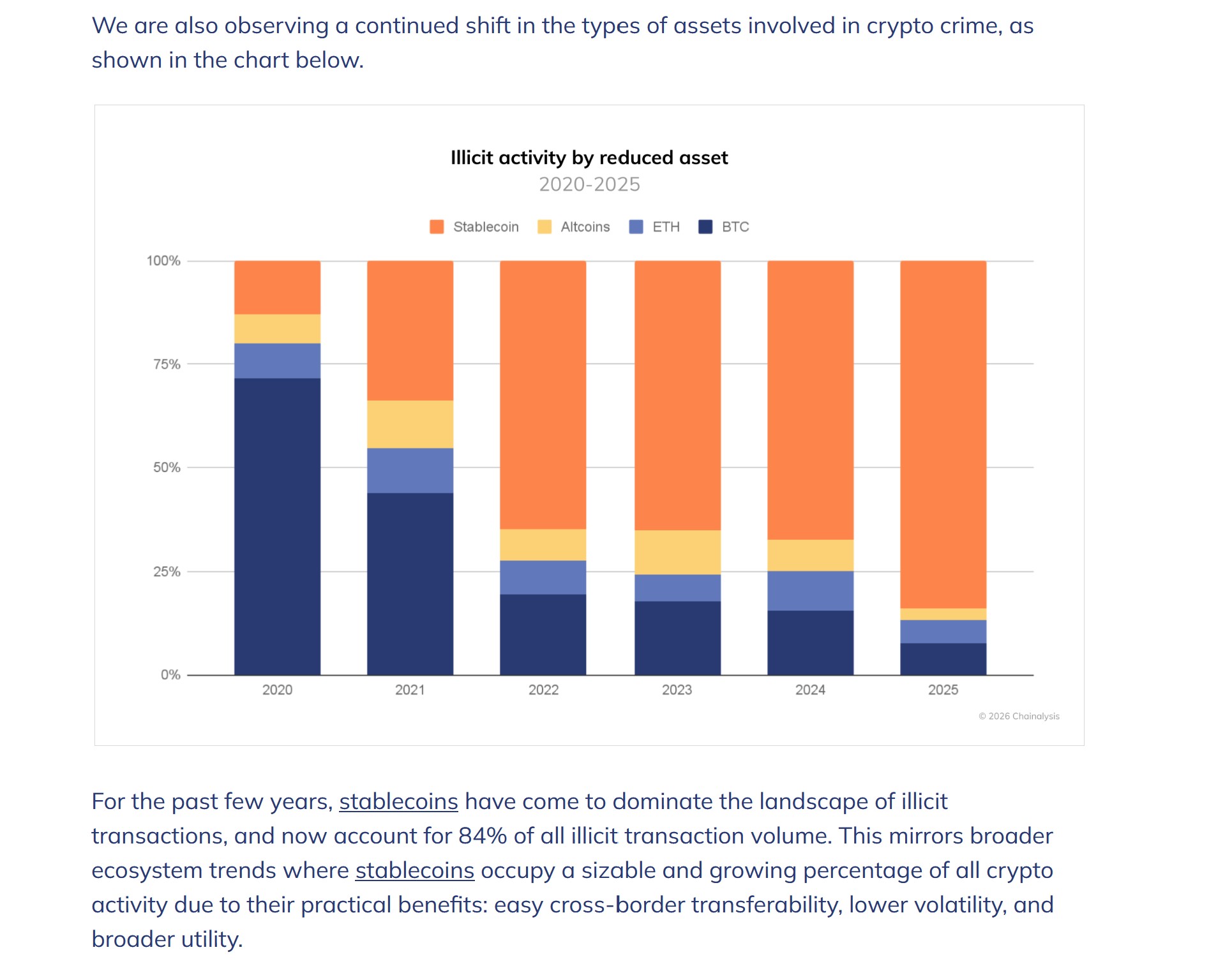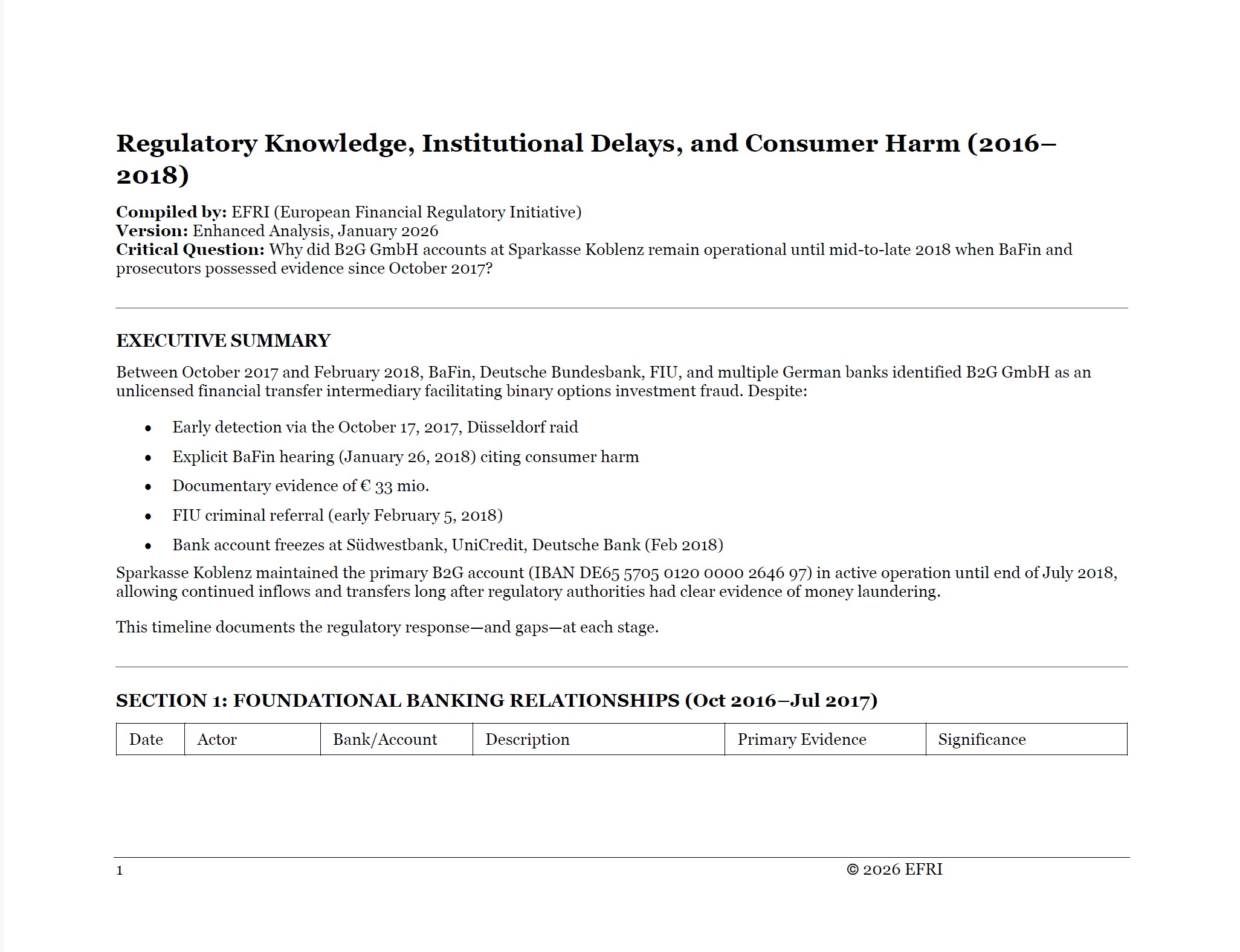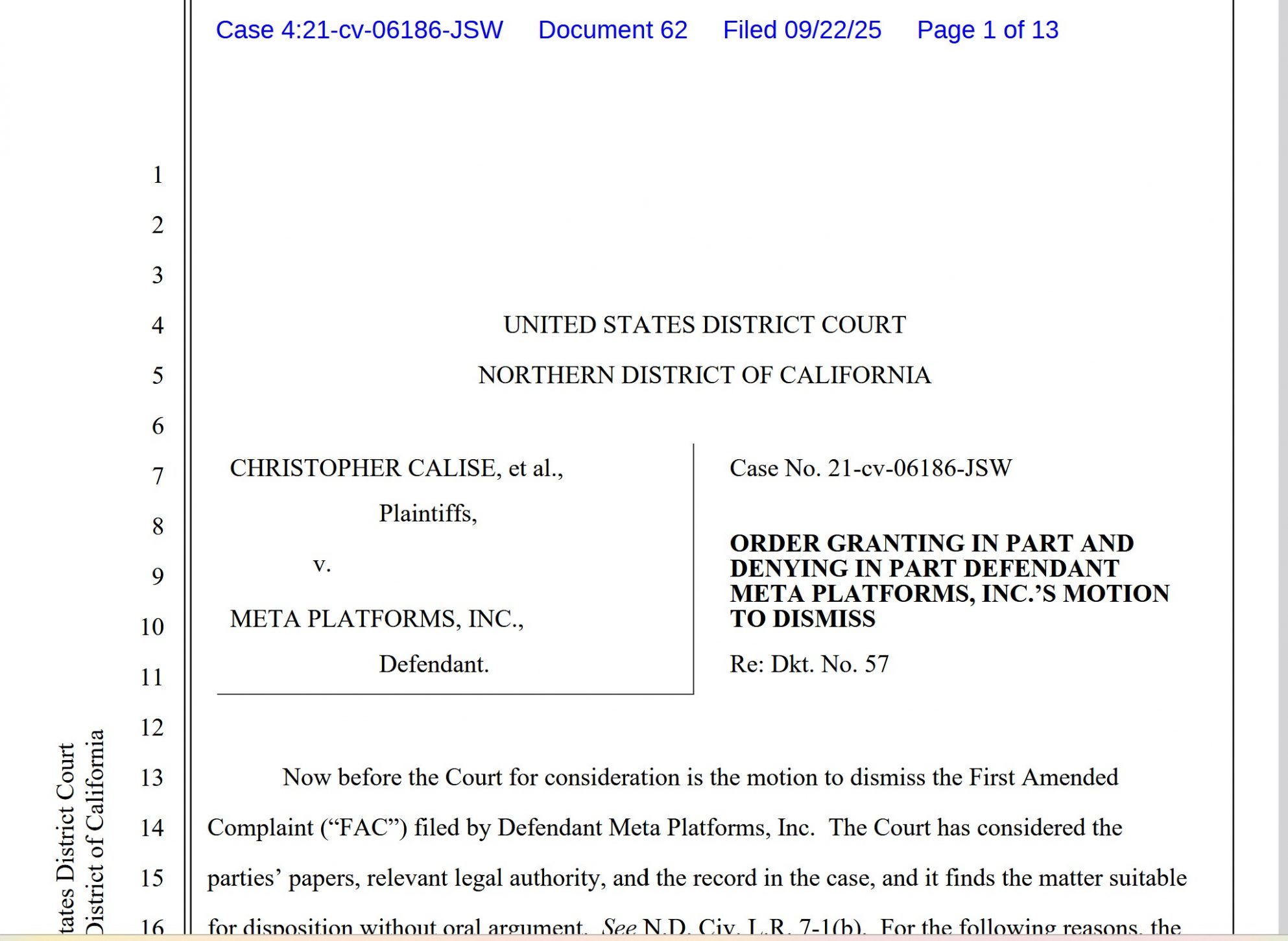Over the past four years, we have communicated with hundreds of victims of online trading scams. We’ve analysed their banking documents and prepared criminal complaints on their behalf. Additionally, we’ve reviewed hundreds of pages of court files. At this point, we believe we have a comprehensive understanding of how online trading scams operate, who the key players are, and what the critical factors involved are.
Through our research, we have become firmly convinced that addressing the growing issue of cybercrime hinges on tackling the enablers of financial crime.
Cybercriminals rely heavily on the established financial system. Their operations involve not only sophisticated software tools, aggressive marketing, and fraudulent affiliate campaigns, but also the cooperation of unethical call centre staff. However, the most crucial factor for the success of this type of financial crime is integrating with the established financial system to launder the stolen funds.
Banks, payment institutions (PIs), and crypto exchanges, as gatekeepers of the fiat financial system, are critical in the collective effort to combat financial and economic crimes.
In compliance with the anti-money laundering regulations and guidelines outlined in various EU directives, these institutions, including virtual asset service providers, play a pivotal role. They are responsible for identifying and thwarting the use of the financial system for criminal purposes, ensuring the safety of their customers and the broader society.
Payvision B.V., a Dutch-licensed payment institution, served as the primary payment processor for the scams orchestrated by Gal Barak and Uwe Lenhoff for over a year. Additionally, it was implicated in several other prominent and well-known scams, including 24option, which is now under scrutiny by European courts. The astonishing acquisition of Payvision B.V. by one of Europe’s largest banks, ING Groep N.V., at a valuation of €360 million, underscores the high profitability of large-scale money laundering. Payvision and its former principal owner, Rudolf Booker, exemplify a professional money laundering operation and a key enabler of financial crime
We have compiled all our findings on the business and personal connections between the scammers and Payvision/Booker in the attached document. (In case you would like to see a piece of evidence not included, please get back to us.) Payvision is a striking example of how European-regulated payment institutions can potentially abuse the financial system and deliberately assist criminals in defrauding thousands of European consumers. Please note, as you read the paper, that European authorities are responsible for overseeing such entities and are doing an abysmal job. Additionally, it’s essential to be aware that, as of now, Rudolf Booker remains free, is suing journalists for exposing him, and is defaming our organisation. Additionally, he is reportedly launching a new payment processing venture.
Europe definitely is a paradise for money launderers!

